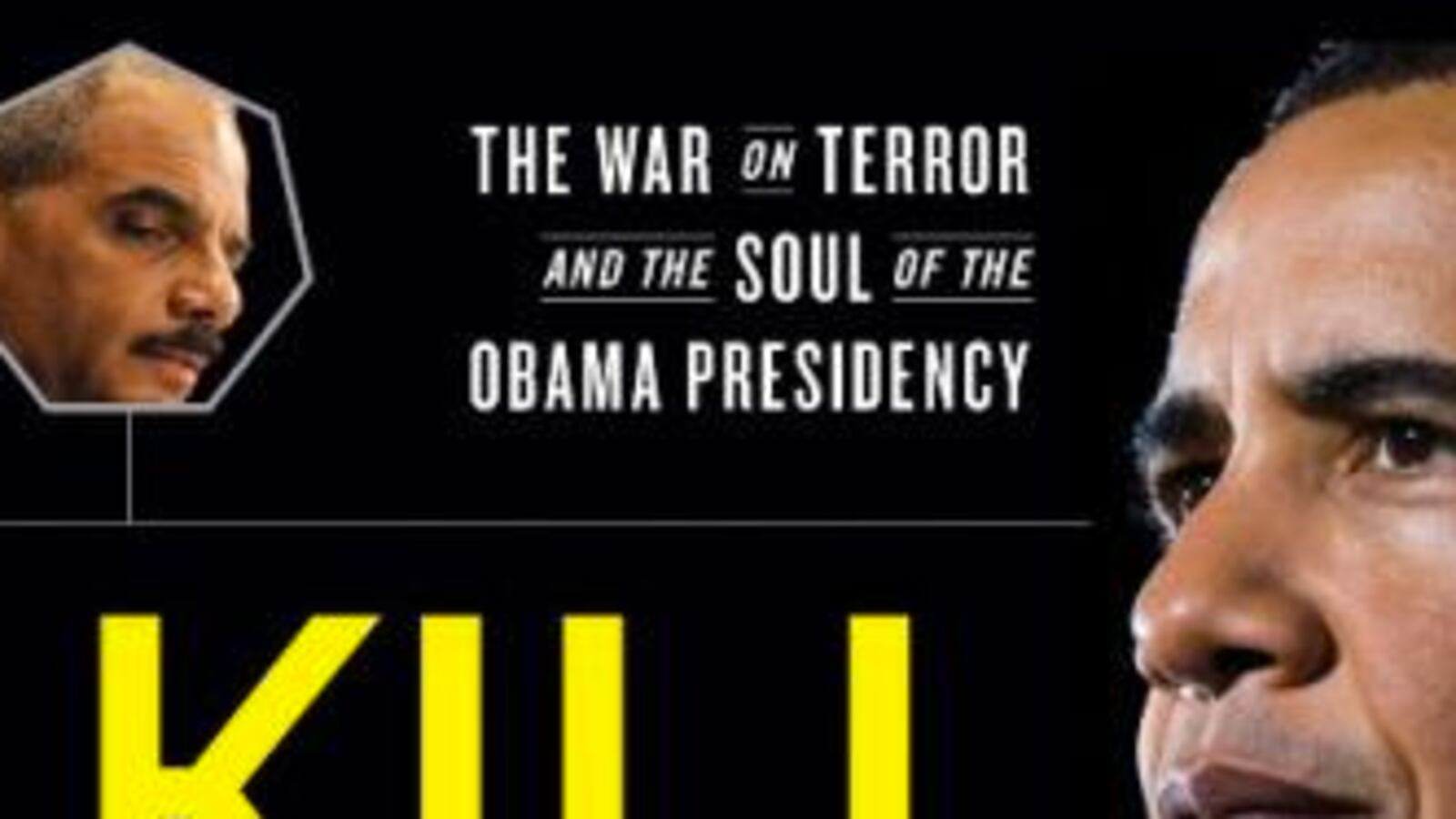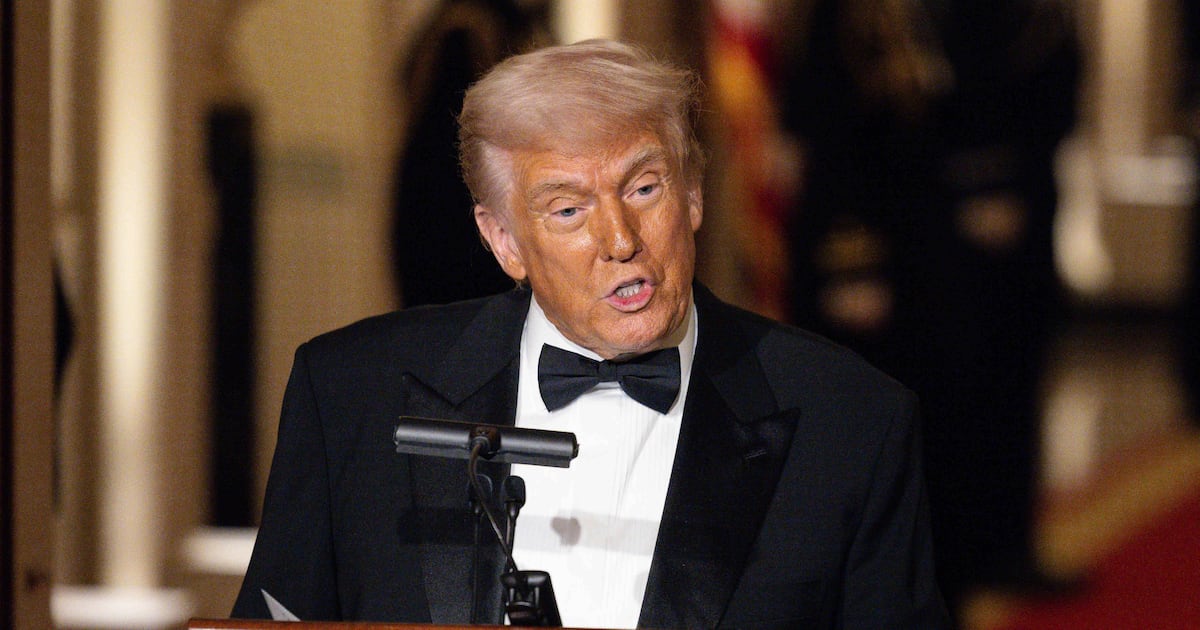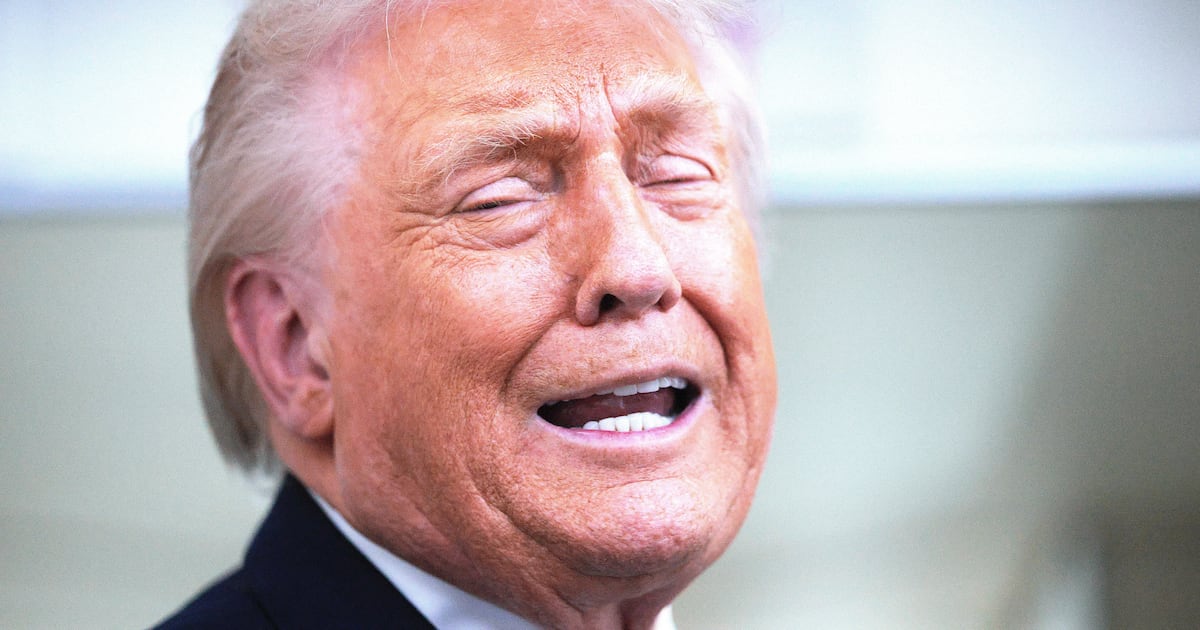
The anniversary of 9/11 seems an appropriate day to finish reading my Newsweek colleague Daniel Klaidman's recent book, Kill or Capture: The War on Terror and the Soul of the Obama Presidency.
Given the impressive success of the Obama administration with the "kill" part of Klaidman's story, I was very ready to learn a lot from him about this administration's methods of war.
But in a book that seems to confirm almost every gloomy suspicion about the Obama administration, Klaidman describes an administration in which warriors seem endlessly subordinated to lawyers - and not just to any lawyers, but lawyers of the most pettifogging self-importance and academic detachment.
One of the central figures in the book is Harold Koh, chief legal adviser to the State Department and previously dean of the Yale Law School. Koh's nomination was contested back in 2009 by conservatives who complained of him as somebody transfixed by international law to the detriment of his obligations to the United States. On Klaidman's telling ... wow, did those conservatives understate the case.
Here's Klaidman's description of Koh's answer to the question, Can the United States lawfully kill terrorist suspects outside of a set-piece battle?
The quoted section is long, but worth reading in full for its entire jaw-dropping effect:
While Koh believed that the United States could kill suspected terrorists away from the battlefield in highly defined circumstances of self-defense, he developed elaborate legal tests for who was targetable. ... First, the prospective target would have to be clearly "part of al Qaeda." Second, he would have to be a "senior" member of the organization. For that Koh developed a theory of "uniqueness versus fungibility." A low-level member, like a driver or a cook, was easily replaced and therefore posed no unique threat to the United States or its interests. Third, to justify a killing, the target would also have to be "externally focused." Groups like AQAP [al Qaeda of the Arabian Peninsula] or [Somalia's] al-Shabab were insurgencies preoccupied with local political struggles. Koh's view was that only those militants who were predisposed to attacking America could be killed. Finally, there had to be evidence that the suspected terrorist was plotting to strike. Under international law, states could kill in self-defense when they were faced with a "continuing and imminent threat. But in an age of terror and asymmetric warfare, it was too late if you waited for a specific plot to unfold. Koh developed a theory of "elongated imminence," which he likened to "battered spouse syndrome." If a husband demonstrated a consistent pattern of activity before beating his wife, it wasn't necessary to wait until the husband's hand was raised before the wife could act in self-defense. Similarly, terrorists wouldn't have to be boarding the planes with bombs before American commandoes could take them out.
(LOC 3074-3088)
And Koh was not alone! We meet a cast of characters who think like him - well, not like him, for such flights of legal absurdity are not attainable by just anybody - but at least in similar terms to him: Attorney General Eric Holder and Jeh Johnson, general counsel to the Department of Defense. Holder and Johnson opposed Koh at least as often as they supported him (one of the subthemes of Kill or Capture is how Koh's nit-picking drove even his potential allies crazy), but they could never fully emancipate themselves from the notion that national defense is a subcategory of international human rights law. And among those who had the most difficulty emancipating himself: President Obama, who is portrayed here as vacillating and revolving amongst all positions.
The most endearing character in the story, at least to those who read with my eyes, is Chief of Staff Rahm Emanuel, who rejected all these legal speculations as futile distractions from the administration's agenda at home and abroad. Klaidman's quotes Emanuel's memorable division of the White House between "Tammany Hall" (the professional politicians like himself) and "the Aspen Institute" - the lofty talk-fest where he suggested people like Harold Koh properly belonged. Osama bin Laden is dead today in large part because Tammany won and the Aspen Institute lost.





